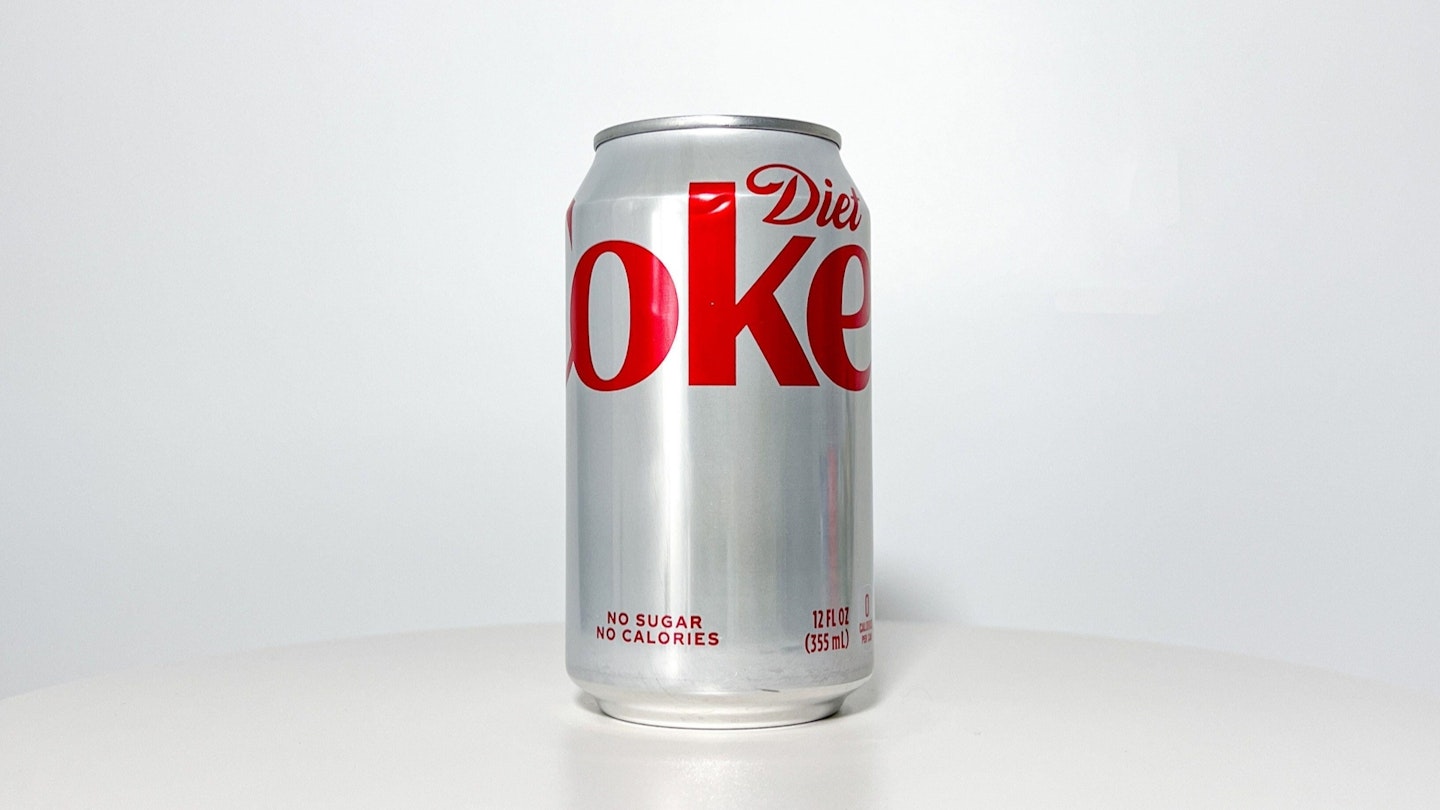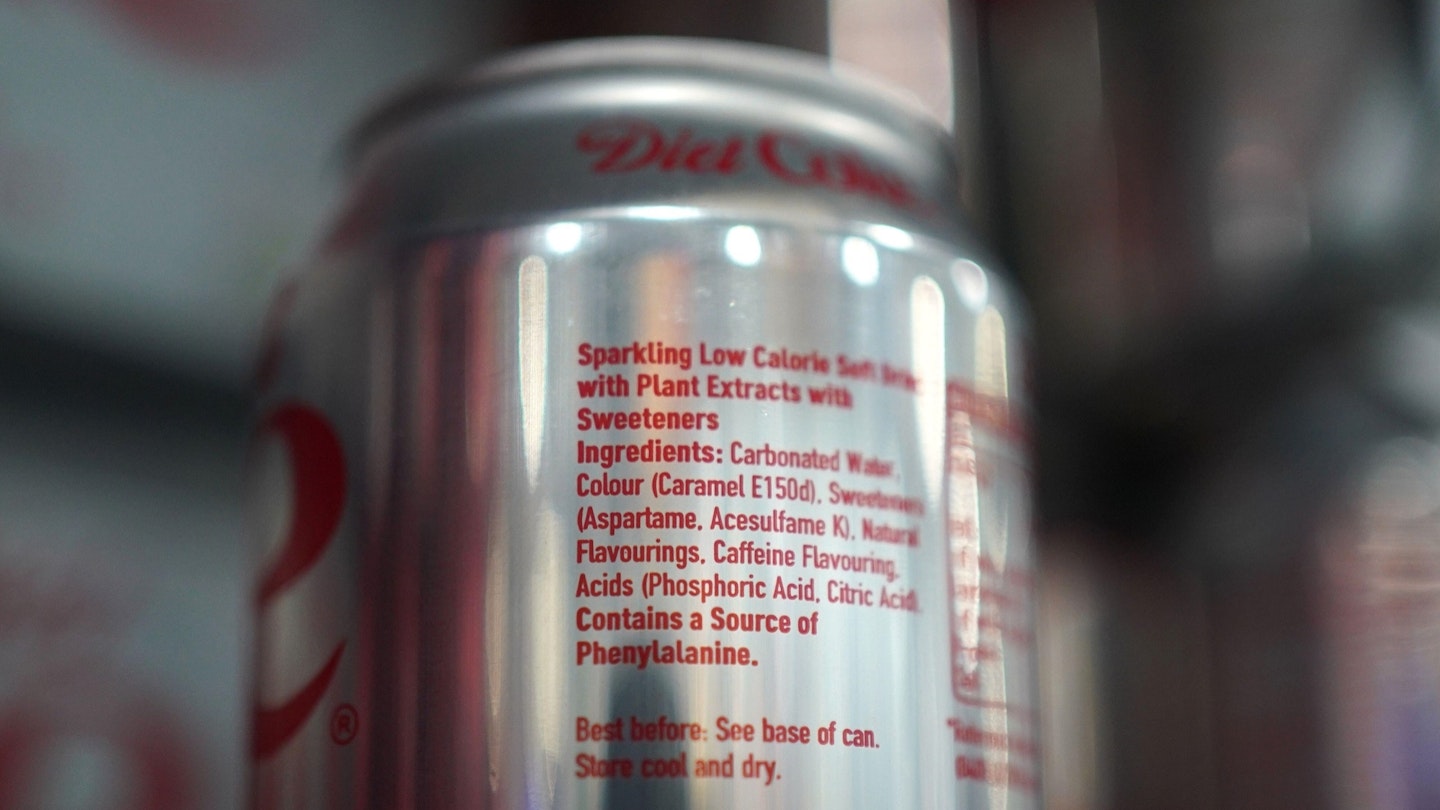Have you heard about the aspartame scare? The artificial sweetener made headlines recently after being listed by the World Health Organisation (WHO) as being "possibly carcinogenic to humans”, promoting subsequent fears it was a cancer risk. Despite this, experts were quick to say there was “limited evidence” that aspartame caused cancer in humans.
Aspartame is widespread and can be found in popular low-calorie drinks such as Diet Coke, Coke Zero, and Pepsi Max, as well as low-sugar yogurts, cereal, and chewing gum. So, how much is safe to have?

Widely agreed guidelines say that adults can safely consume up to 40mg of aspartame per kilo of body weight. A can of Diet Coke typically contains about 200mg of aspartame. So a 70kg (11 stone) adult could drink 14 cans without going over the safe daily limit for aspartame. However, that doesn’t take into account the amount of caffeine fizzy drinks contain: the NHS recommends that adults have no more than 200ml a day, and our bodies can build up a dependency on caffeine.
“There is a huge amount of uncertainty with diet drinks as there aren't the longitudinal studies to show any long-term effect,” says performance nutritionist Eleanor Rees. This is in addition to the fact that a huge amount would need to be drunk every day to become a health concern.
“The biggest thing to remember is that these drinks, unlike most foods and drinks, offer absolutely no benefit to the body and have no nutritional value.”

It’s not all bad news for Diet Coke fans. “If you are trying to cut down from full fat or sugary fizzy drinks that also contain the same ingredients and sugar, by switching the diet drink, you would at least reduce the sugar,” Eleanor says.
